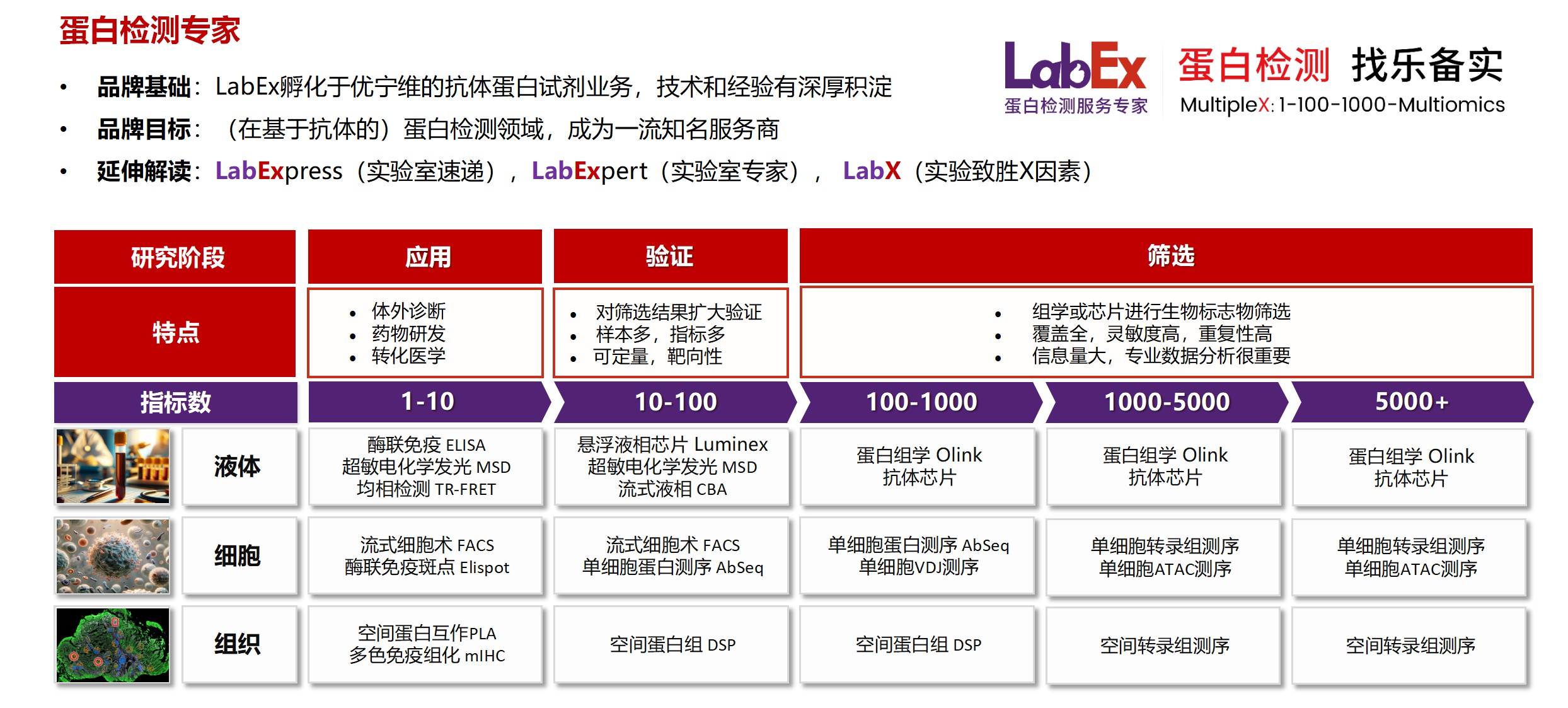Synergistic antitumor activity of pan-PI3K inhibition and immune checkpoint blockade in bladder cancer
Background: Immune checkpoint blockade (ICB) induces durable response in approximately 20% of patients with advanced bladder urothelial cancer (aUC). Over 50% of aUCs harbor genomic alterations along the phosphoinositide 3-kinase (PI3K) pathway. The goal of this project was to determine the synergistic effects and mechanisms of action of PI3K inhibition and ICB combination in aUC. Methods: Alterations affecting the PI3K pathway were examined in The Cancer Genome Atlas (TCGA) and the Cancer Dependency Map databases. Human and mouse cells with Pten deletion were used for in vitro studies. C57BL/6 mice carrying syngeneic tumors were used to determine in vivo activity, mechanisms of action and secondary resistance of pan-PI3K inhibition, ICB and combination. Results: Alterations along the PI3K pathway occurred in 57% of aUCs in TCGA. CRISPR (clustered regularly interspaced short palindromic repeats) knockout of PIK3CA induced pronounced inhibition of cell proliferation (p=0.0046). PI3K inhibition suppressed cancer cell growth, migration and colony formation in vitro. Pan-PI3K inhibition, antiprogrammed death 1 (aPD1) therapy and combination improved the overall survival (OS) of syngeneic mice with PTEN-deleted tumors from 27 days of the control to 48, 37, and 65 days, respectively. In mice with tumors not containing a PI3K pathway alteration, OS was prolonged by the combination but not single treatments. Pan-PI3K inhibition significantly upregulated CD80, CD86, MHC-I, and MHC-II in dendritic cells, and downregulated the transforming growth factor beta pathway with a false discovery rate-adjusted q value of 0.001. Interferon alpha response was significantly upregulated with aPD1 therapy (q value: <0.001) and combination (q value: 0.027). Compared with the control, combination treatment increased CD8+ T-cell infiltration (p=0.005), decreased Treg-cell infiltration (p=0.036), and upregulated the expression of multiple immunostimulatory cytokines and granzyme B (p<0.01). Secondary resistance was associated with upregulation of the mammalian target of rapamycin (mTOR) pathway and multiple Sprr family genes. Conclusions: The combination Pan-PI3K inhibition and ICB has significant antitumor effects in aUC with or without activated PI3K pathway and warrants further clinical investigation. This combination creates an immunostimulatory tumor milieu. Secondary resistance is associated with upregulation of the mTOR pathway and Sprr family genes. Keywords: combination; drug evaluation; drug therapy; immunotherapy; preclinical; translational medical research; urinary bladder neoplasms.
乐备实(上海优宁维生物科技股份有限公司旗下全资子公司),是国内专注于提供高质量蛋白检测以及组学分析服务的实验服务专家,自2018年成立以来,乐备实不断寻求突破,公司的服务技术平台已扩展到单细胞测序、空间多组学、流式检测、超敏电化学发光、Luminex多因子检测、抗体芯片、PCR Array、ELISA、Elispot、PLA蛋白互作、多色免疫组化、DSP空间多组学等30多个,建立起了一套涵盖基因、蛋白、细胞以及组织水平实验的完整检测体系。
我们可提供从样本运输、储存管理、样本制备、样本检测到检测数据分析的全流程服务。凭借严格的实验室管理流程、标准化实验室操作、原始数据储存体系以及实验项目管理系统,已经为超过3000家客户单位提供服务,年检测样本超过100万,受到了广大客户的信任与支持。

声明:本篇文章在创作中部分采用了人工智能辅助。如有任何内容涉及版权或知识产权问题,敬请告知,我们承诺将在第一时间核实并撤下。
详见LabEx网站(
www.u-labex.com)或来电咨询!
基因水平:PCR Array、RT-PCR、PCR、单细胞测序
蛋白水平:MSD、Luminex、CBA、Elispot、Antibody Array、ELISA、Sengenics
细胞水平:细胞染色、细胞分选、细胞培养、细胞功能
组织水平:空间多组学、多重荧光免疫组化、免疫组化、免疫荧光
数据分析:流式数据分析、组化数据分析、多因子数据分析
基因水平:PCR Array、RT-PCR、PCR、单细胞测序
蛋白水平:MSD、Luminex、CBA、Elispot、Antibody Array、ELISA、Sengenics
细胞水平:细胞染色、细胞分选、细胞培养、细胞功能
组织水平:空间多组学、多重荧光免疫组化、免疫组化、免疫荧光
数据分析:流式数据分析、组化数据分析、多因子数据分析
联系电话:4001619919
联系邮箱:labex-mkt@u-labex.com
公众平台:蛋白检测服务专家
联系邮箱:labex-mkt@u-labex.com
公众平台:蛋白检测服务专家

本网站销售的所有产品及服务均不得用于人类或动物之临床诊断或治疗,仅可用于工业或者科研等非医疗目的。










 沪公网安备31011502400759号
沪公网安备31011502400759号
 营业执照(三证合一)
营业执照(三证合一)


